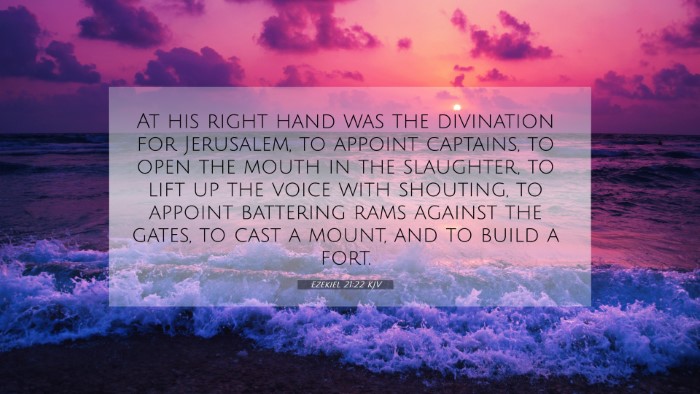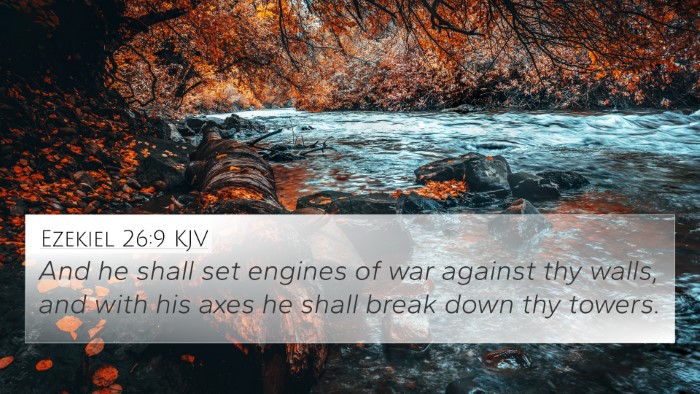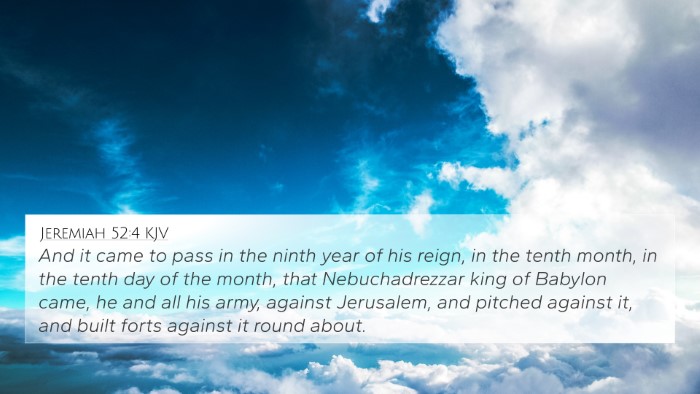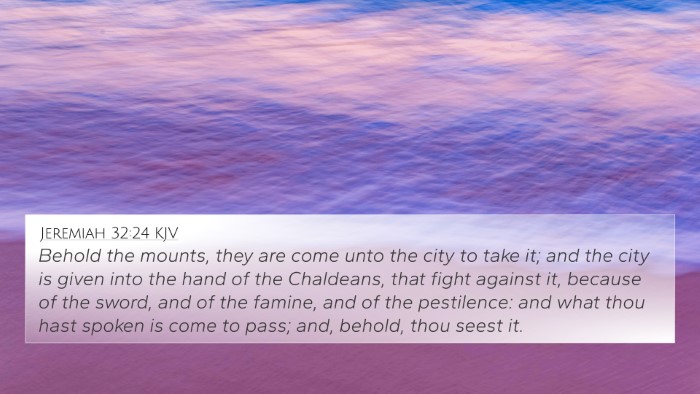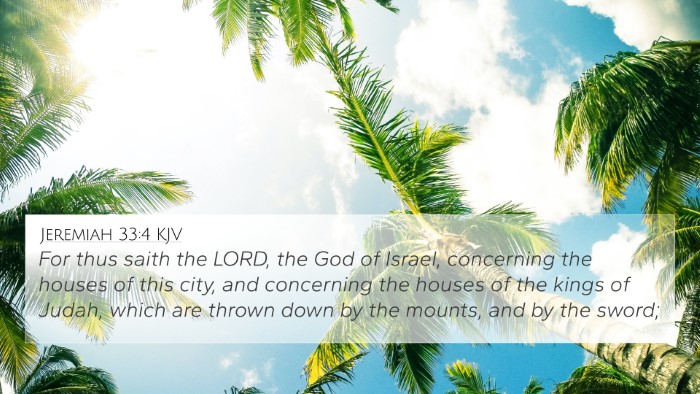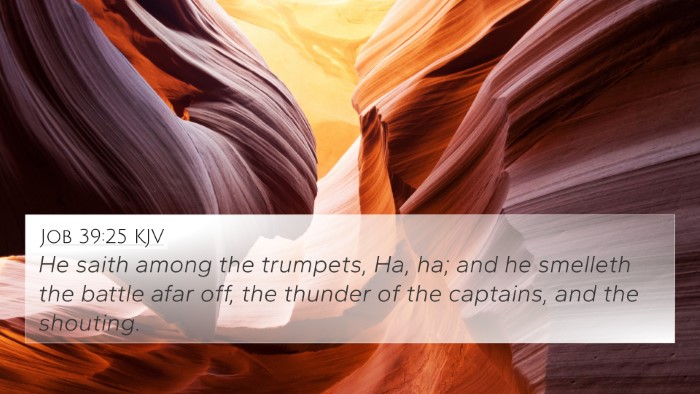Ezekiel 21:22 - Summary and Interpretation
Ezekiel 21:22 states: "At the head of the way of the city, to use divination; he made his arrows bright, he consulted with images, he looked in the liver." This verse serves as an illustration of the consequences of seeking guidance through pagan divination rather than trusting in God. The context of this verse is vital, as it highlights how Israel’s leaders turned to worldly practices in times of crisis.
Commentary Insights
This section synthesizes insights from renowned public domain commentaries.
Matthew Henry's Commentary
Matthew Henry emphasizes the folly of seeking guidance from methods contrary to God’s will. He notes that the leaders of Israel engaged in practices like divination, which was a rejection of divine counsel. This reliance on occult practices demonstrated a lack of faith in God’s providence and authority, resulting in dire consequences for the nation.
Albert Barnes' Notes on the Bible
Albert Barnes points out the significance of using dice and arrows as symbols of chance and fate. He notes that the actions of the leader signify a desperate attempt to control the future without recognizing sovereign divine intervention. The ‘images’ mentioned denote a deeper idolatrous practice, diverting attention away from true worship and ultimately leading to disaster.
Adam Clarke's Commentary
Adam Clarke explores the cultural implications of this divination. He explains that these practices were prevalent among the nations surrounding Israel and showcased a profound moral decay. Clarke asserts that this behavior was a breach of the covenant relationship that Israel had with God, revealing their inclination towards foreign deities and practices.
Thematic Context
The verse reflects broader themes in scripture regarding divine sovereignty and the dangers of idolatry. Ezekiel's prophetic task included warning Israel against these deadly practices and reaffirming reliance on the only true God.
Related Cross-References
- Deuteronomy 18:10-12: Warns Israel against divination and witchcraft.
- Isaiah 47:13-14: God mocks those who seek counsel from astrologers.
- Jeremiah 10:2: Calls for Israel to not learn the ways of the nations.
- 1 Chronicles 10:13-14: Saw King Saul consulting with a medium instead of God.
- Matthew 4:10: Jesus rebukes the devil, emphasizing worship to God alone.
- Revelation 21:8: Lists sorcerers among those cast into the lake of fire.
- 1 Timothy 4:1: Discusses the danger of apostasy and seeking deceiving spirits.
- James 1:5: Encourages seeking wisdom from God instead of through sinister means.
- 1 Kings 22:7-8: Jehoshaphat implies the need for true prophets over false prophets.
- Colossians 2:8: Warns against philosophy and empty deception not according to Christ.
Conclusion
Ezekiel 21:22 serves as a stark reminder of the importance of placing trust in God rather than following the lure of worldly wisdom and practices that contradict His commands. The failures of Israel's leaders reflect a broader biblical theme that urges believers to remain steadfast in their faith and to seek divine guidance. The scripture encourages earnest prayer and reliance on God’s Word as opposed to engaging in practices that lead to spiritual destruction.
Learning from Scripture
This verse, along with its related cross-references, illuminates significant lessons about faithfulness, divine guidance, and the consequences of disobedience. It poses a reflective inquiry into our own lives - how do we seek guidance? Do we look to God, or do we sometimes seek answers through means that detract from His sovereignty?


